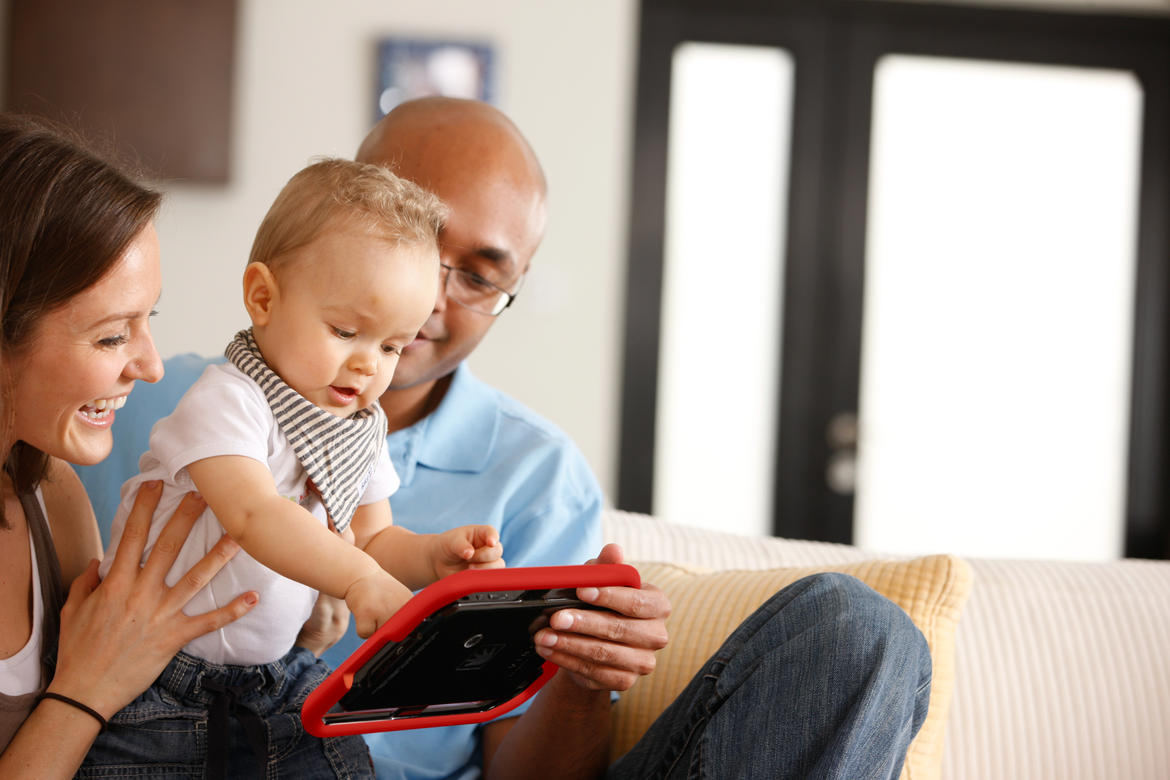- Study Says Most Parents Don’t Use Car Seats In Ride Share Vehicles Like Uber
- This 12-Year-Old Boy Is A Sophomore Aerospace Engineering Major!
- Fire Safety Experts Warn Of Hand Sanitizer Danger After A Mom and Kids Escape House Fire
- Recall Alert: Peaches May Be The Cause Of Salmonella Outbreak, 68 People Ill
- Summer Vacation In The Days Of COVID: Tips To Stay Safe
- How To Safely Grocery Shop During The Coronavirus Pandemic
- Michigan Teen With Vape-Related Illness Undergoes Double Lung Transplant
- Teen Kicks Off Anti-Vaping Campaign From Hospital Bed
- Teenager Receives Life Sentence For Strangling Sister To Death Over A Wi-Fi Password
- Toddler Falls To Death From 11th Deck of Cruise Ship
Not So Good News. Touchscreen Affects Your Kid’s Sleep


It’s hard to remember a time when touchscreen devices were not around. Back in 2010, a mere 4 percent of adults were using tablets, whereas nowadays every second person of all ages has some form of a touchscreen device.
According to researchers at Einstein Medical Center in Philadelphia, 36 percent of children have either touched or scrolled on a screen before their first birthday.
Now granted at that age children really have no idea what they are doing, but it has been known that children who are around technology from a very young age are likely to become rather tech-savvy.
However, too much technology, especially at that very young age, is linked to poorer sleep patterns.
A lot of children can use a touchscreen device before they can even walk. Tablets are used in schools for educational purposes and also as a way for parents to keep their little ones occupied while going about their mundane daily tasks.
According to a survey carried out in Britain, parents who reported that their children used a touchscreen device often also found that said children got less sleep. The survey was carried out on 700 parents with children between the ages of 6 months to 2 years old.
Researchers found that for every additional hour a child uses a touchscreen device, they got an average of 26 minutes less sleep at night, it took them longer to fall asleep at night and it also found that there was an increase in daytime naps by about ten minutes.
In an attempt to help prevent any sleep disruption, the American Academy of Pediatrics advises parents to avoid letting their children use any electronic devices an hour before their bedtime. Apparently, the light from the screen interferes with the body’s natural ability to fall asleep so therefore it allows your child to fall asleep easier if they aren’t in contact with touchscreen devices before they go to sleep.
While this is the first study carried out on the effects of media use on sleep patterns for infants and toddlers, there have been many studies in the past about the link between TV and video gaming to sleep and development problems in older children.
It makes sense really when you think about it. If your mind and body are relaxed when you go to bed, it is far easier to fall asleep. However, if you are on your phone or watching a screen in bed, your mind is far too active when you are trying to fall asleep.





0 comments